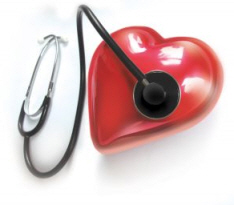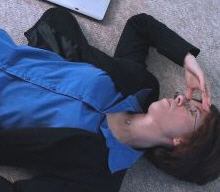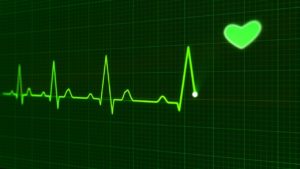Should You Be Concerned About Heart Disease
Under the broad term of heart disease, the condition is broken down into different categories for causes of the disease.
The top causes of heart disease for men are:
Coronary artery disease
Congenital heart disease
Arrhythmias
Diseases affecting the valves
Cardiomyopathy
Hardening of the arteries
Heart disease ranks as the number one reason why men die and heart disease can affect men in the prime of life as well as in the senior years.
Having heart disease puts men at greater risk of premature death from a heart attack or stroke regardless of age.
The causes of the various types of heart diseases can stem from diseases such as diabetes, hypertension, family history, to habits such as smoking, sedentary life style and obesity.
To catch heart disease before it causes serious or fatal consequences, there are some steps men can take to improve the health of the heart.
You’ll need to get a complete physical and undergo testing for your doctor to accurately determine your risk or to diagnose your type of heart disease.
You may need to have an electrocardiogram.
If your doctor suspects narrowing of the arteries, he may want you to have an outpatient cardiac catheterization test done.
The treatment for heart disease depends on the type of diagnosis you receive after seeing the doctor.
First, if you don’t exercise, for the sake of having a healthy heart, begin an exercise program.

Carrying excess weight raises your chance of getting heart disease – especially if you have that extra weight around your abdomen.
Lose weight if you don’t have a normal BMI reading.
If you smoke, break the habit. Smoking damages your blood vessels and contributes to the hardening of the arteries.
By quitting smoking and exercising, you can lower your bad cholesterol and your blood pressure, both of which can contribute to the risk of heart disease.
Though the types of heart diseases are different, all types have some universal symptoms in common.
If you have any of the following symptoms, you should be evaluated by your doctor as soon as possible:
Sudden occurrence of irregular heartbeats, dizziness that may come and go, chest pressure, feeling short of breath especially when exerting yourself, fatigue that you can’t seem to shake and fainting.
Some of the symptoms may not occur on a regular basis so remember that if you do notice any unusual symptoms, it could be a sign that your heart is trying to tell you something.
